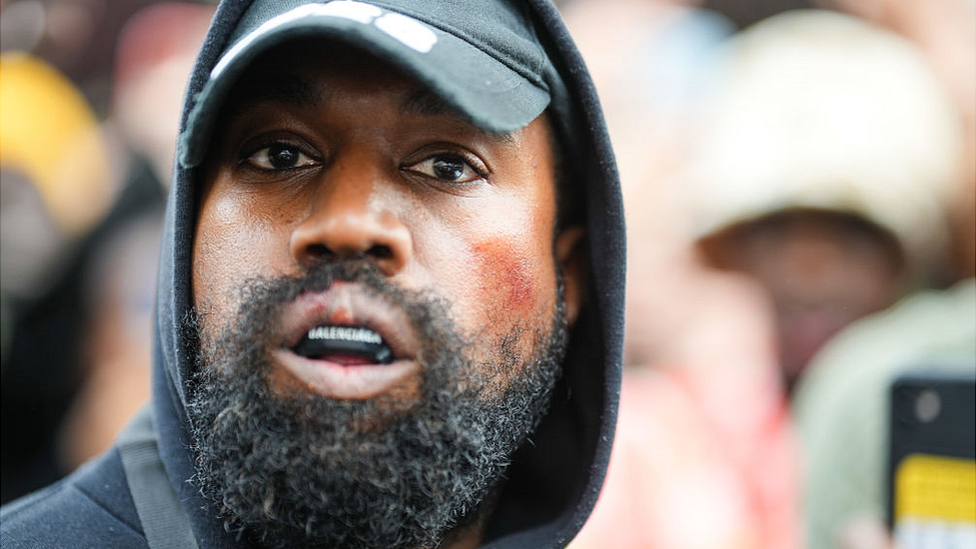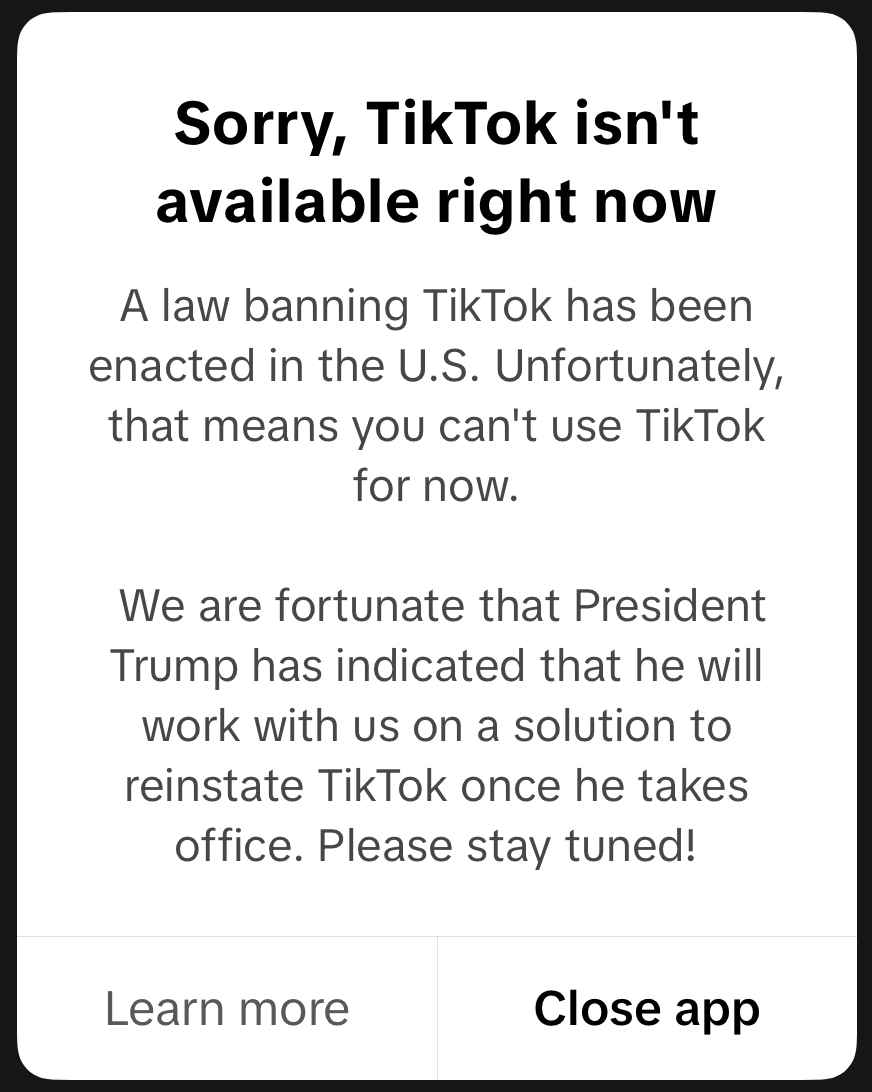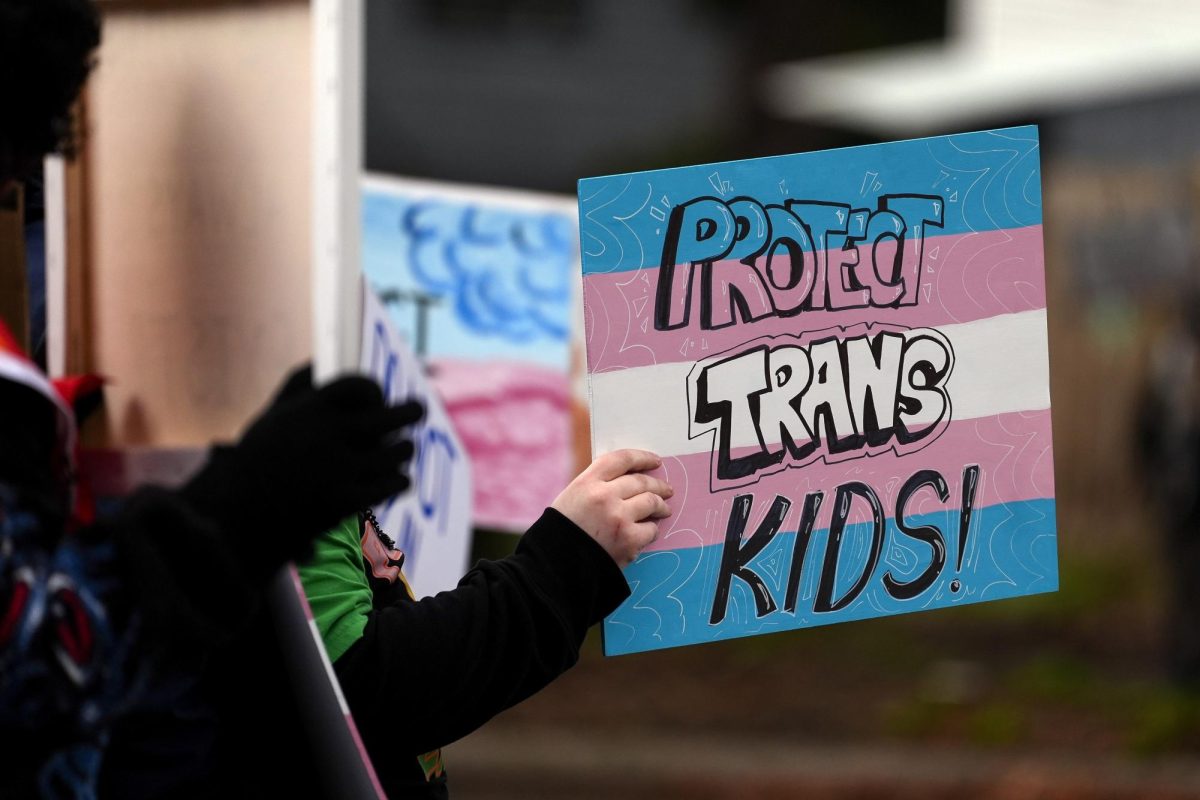Donald Trump pledged to shut down the Department of Education on the campaign trail. Now that he’s has been elected, the Department seems to be headed to the chopping block, but what does that mean for students at Lincoln?
Trump’s push to disband the Department of Education (DOE) has been a shared sentiment by conservatives since the department’s founding under President Jimmy Carter in 1979. President-Elect Trump has made these promises on the basis that the federal government is unfairly indoctrinating students with “inappropriate racial, sexual, and political material”. In actuality, the ramifications of removing the DOE would mainly be financial.
Unlike most K-12 public schools nationwide, federal spending including from the DOE only makes up about 6 percent of SPS’s 1.23 billion dollar budget. If the DOE were abolished that money would not disappear, however. Instead, it would be reallocated to the state level for each state to use at their own discretion.
Aside from providing financial support, the DOE serves as the chief policymaker and enforcer of policies for the current presidential administration. If Trump didn’t get rid of the department, he could repurpose it to serve as a mouthpiece for his own agendas, and enforce his mandates in states that hold differing opinions on topics like critical race theory and sex education.
Despite Trump’s threats of DOE destruction, the chances of the department actually closing remain slim. Disbanding the Department of Education would require 60 votes in the United States Senate, and even with a Republican majority in the senate, reaching that number would necessitate a nearly impossible bipartisan push.
In the face of these odds, Trump seems to recognize the situation he finds himself in, appointing former Co-CEO of the WWE and chair of the Small Business Association, Linda McMahon to the DOE.
In appointing a new head for a department he’s pledged to abolish, Trump seems to be conceding his stance for a more pragmatic, symbolic destruction of the department.
While literally removing the department could be a challenge for the incoming administration, Trump could still find success by hollowing out the department, removing agency members and cutting funding. By diminishing the power and responsibility of the department, Trump could destroy it in everything but name.
Trump’s main educational focus centers around removing certain programs from school curriculums, like Critical Race Theory (CRT). While the actual definition of CRT is disputed, cutting funding for CRT training would fundamentally change how certain schools educate their students about important topics like race relations in America.
Most students we spoke with at Lincoln are very apprehensive to the idea of removing the DOE. We spoke with senior Isaac Sanayebaksherad-Franks on his opinion of abolishing the Department and his response was, “I would say that it’s a bad idea, from doing personal research I think it seems… that our education spending from the DOE does a lot for education nationally. Removing it would mean that a lot of social programs provided by schools would become unaffordable.”
In general, this opinion seems to be shared by other students as well. Bel Weeks (’25) said, “The department of education still needs a lot of work put into it. To get rid of it would be a bad idea.”
But Lincoln’s students aren’t the only ones resistant to the plans of the incoming administration.
Jay Inslee, Washington’s governor and incoming Governor Bob Ferguson have both been preparing to protect our state from the policies of the Trump administration, and Governor Inslee is confident that Trump will not be effective.
“What he has tried to do in the past, he has failed.” Inslee announced in a statement following the election. Following his success in the recent Gubernatorial election, Governor-elect Bob Ferguson made a similar characterization of Trump as “spectacularly incompetent”.
As Attorney General, Ferguson established himself as a bulwark towards many of the Trump administration’s policies, filing over one hundred lawsuits against Donald Trump during his first administration.
The combined efforts and staunch determination of Inslee and Ferguson to protect Washington state are good signs for the future of Seattle, and our school system. In Trump’s second term, it’s likely that laws protecting funding for our school and determining the nature of our curriculum will be challenged, but that our sovereignty will prevail, protected by people like Bob Ferguson.
If we want to protect the DOE, our best chance as citizens is to lobby our state’s representatives in the Senate like Patty Murray and Maria Cantwell, or in the house of representatives, like Pramila Jayapal.
While these decisions are made on the federal level, they are not totally removed from our influence. It’s important to remember that the members of our government are public servants, and that if we want to see our influence in American government it’s our responsibility to fulfill our role as constituents.
While questions still remain about the efficacy of Trump’s plans for education, it seems that Washington state and King County schools in particular will be spared the brunt of most of these extensive changes.



























